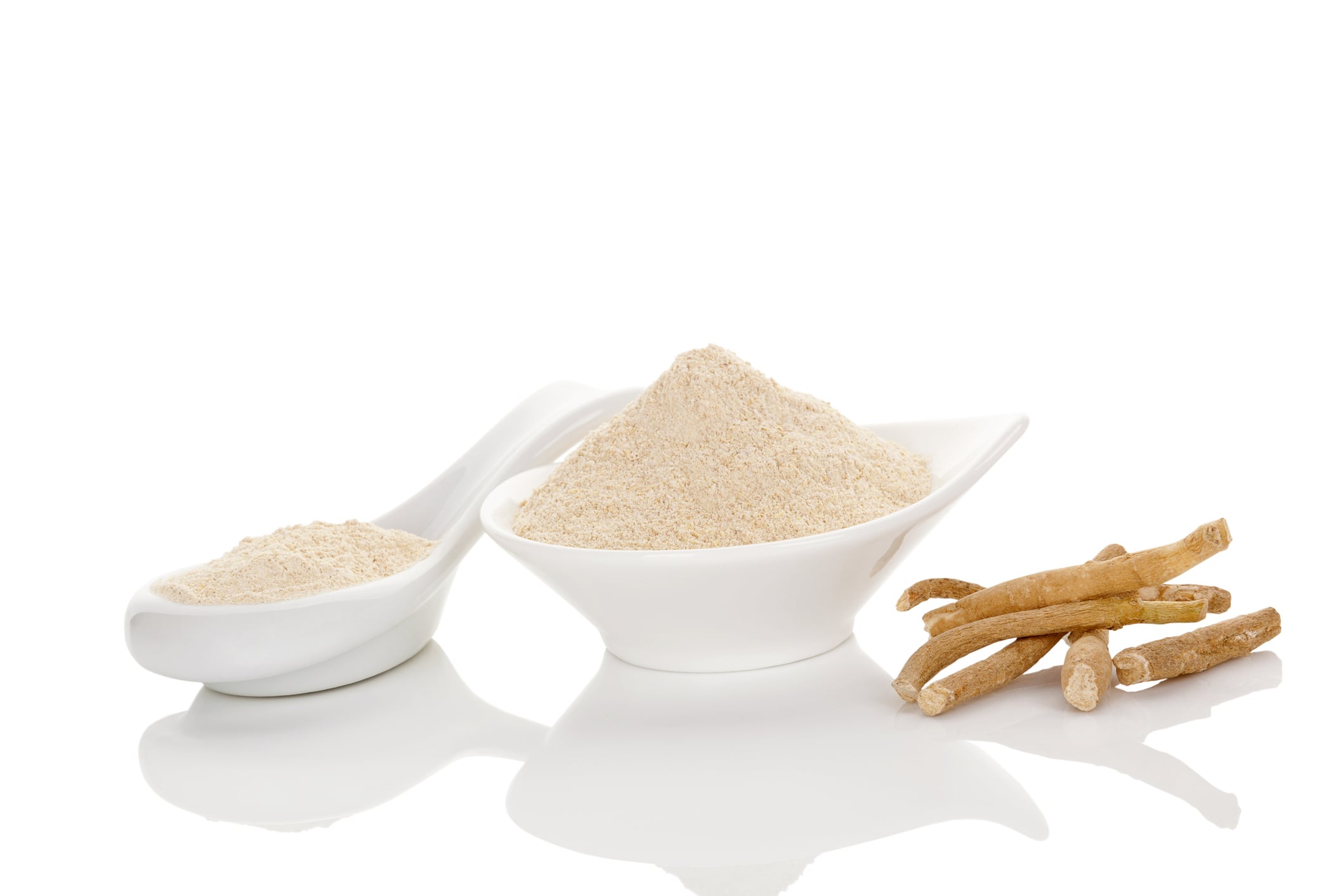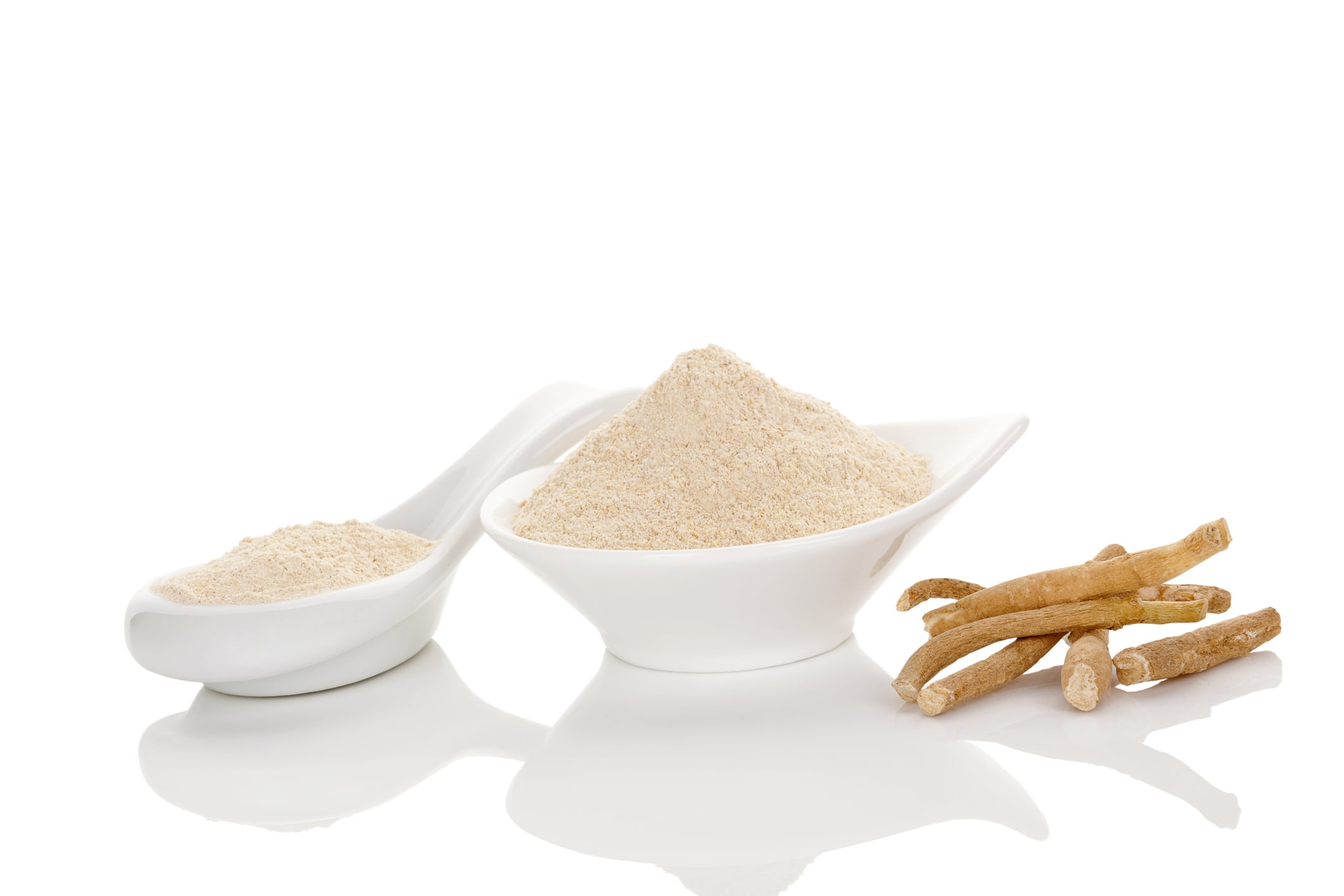Scientists from Murdoch University in Australia report that 400 mg per day of Verdure Science’s Witholytin ashwagandha root extract standardized to 1.5% total withanolides for 12 weeks also led to significant increase in the blood concentrations of free testosterone for the male participants.
While significant reductions in perceived stress compared to baseline, but these changes were not different compared to the placebo group, wrote the researchers in the Journal of Psychopharmacology.
Commenting on the new study, Sonya Cropper, Verdure Sciences’ Executive Vice President, said: “We are excited to have this new publication join the evidence in support of Witholytin and our mounting body of evidence for ashwagandha extract standardization to USP methodology.
“Tremendous interest continues to build for ashwagandha, adaptogens, fatigue, energy, and mental vitality.”
Demand
Ashwagandha (Withania somnifera) has a history of use in ayurvedic medicine that dates back as much as 4,000 years to the teaching of renowned scholar Punarvasu Atreya, and in subsequent works that make up the ayurvedic tradition, according to a monograph from the American Herbal Pharmacopoeia (AHP). The name of the herb derives from Sanskrit, and means “smells like a horse”, which refers to the strong smell of the root which is said to be redolent of horse sweat or urine.
Ashwagandha root is a well-known adaptogen — a substance believed to increase the body’s ability to adapt to different forms of stress.
According to HerbalGram’s Herb Market Report, sales of herbal supplements with Ashwagandha hit $92 million in the US Mainstream Multi-Outlet Channel for 2021, an increase of 226% over the previous year. This surge saw ashwagandha leap to number 7 on the best-selling list in the mainstream channel. In 2019, the herb was only number 33 in this channel.
An additional $16.7 million in sales were reported from the Natural Channel (an increase of 23% from 2020).
Study details
The two-arm, parallel-group, 12-week, randomized, double-blind, placebo-controlled trial included 111 men and women aged between 40 and 75. All participants self-reported that that they experienced stress and fatigue. The participants were randomly assigned to receive either Witholytin or placebo for 12 weeks.
Using the Perceived Stress Scale (PSS) and the Chalder Fatigue Scale (CFS), the researchers found that, compared to baseline values, ashwagandha supplementation was associated with a 46% reduction in fatigue and a 39% reduction in stress, although on the CFS results were statistically significant compared to placebo.
A sub-analysis of hormonal biomarkers revealed that Witholytin was associated with a significant 13% increase in blood concentrations of free testosterone, compared to the placebo group. For women, there were no statistically significant blood markers and hormone concentrations, but a trend suggesting a between-group difference in change in estradiol concentrations over time was observed.
“We were very excited to see these hormone biomarkers,” said Kristen Marshall, Digital Marketing manager, Verdure Sciences. “Many formulations targeting men and women have prioritized adaptogens, as have fortified functional foods and beverages, and Witholytin is well suited to grow in these areas with this research.”
Source: Journal of Psychopharmacology
Published online ahead of print, doi: 10.1177/02698811231200023
“Exploring the efficacy and safety of a novel standardized ashwagandha (Withania somnifera) root extract (Witholytin) in adults experiencing high stress and fatigue in a randomized, double-blind, placebo-controlled trial”
Authors: S.J. Smith





